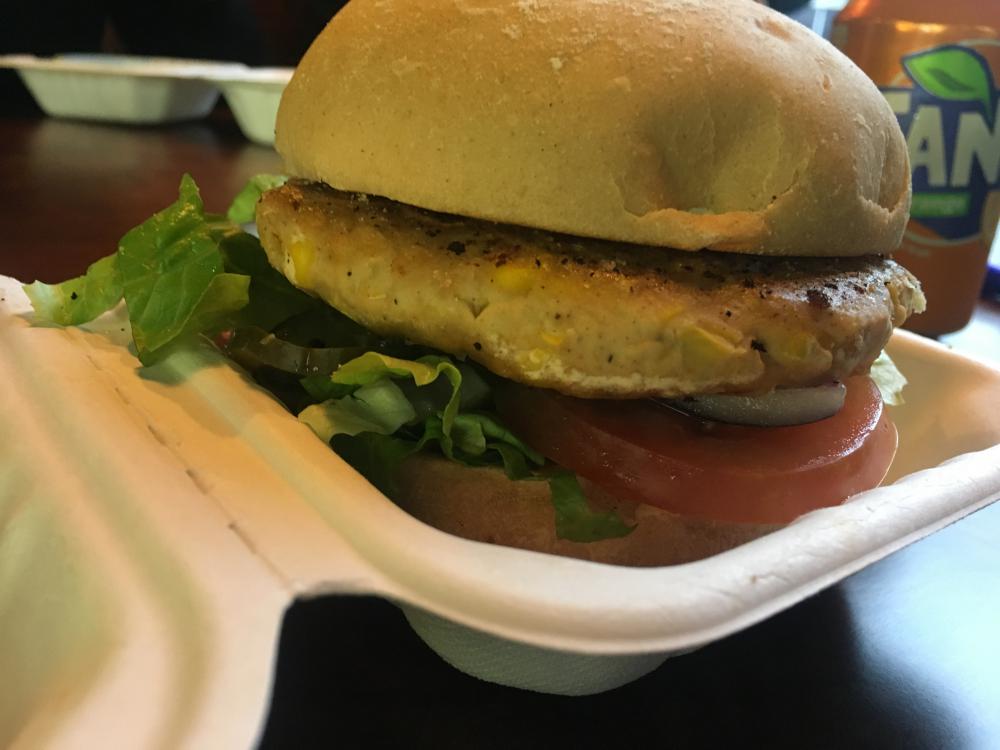Taste of the West has issued an interim report into the impact of the Covid-19 outbreak on the region’s local food industry. The report highlights the role that the sector has played in the overall food offer, particularly to the visitor economy and tourism sector.
CONTEXT…
The Covid-19 outbreak in the UK has had a devastating impact on society as a whole. However, more subtly, it has impacted the food and drink sector in ways we could not have imagined beforehand, and has inadvertently laid bare some fragile food supply chains and questioned the level of resilience in the sector and its ability to supply the UK’s population.
Looking backwards for a moment, following the last major crisis to hit this country – the outbreak of the Second World War, again – this highlighted our inability to supply food and drink and as a result post war Government policy was designed to increase the volume of food and drink supplied to the nation. In the 60’s and 70’s the supermarkets saw this as an opportunity to step in and create a ‘just in time’ food delivery model which 80% of the Uk’s population still enjoys.
However, in the 1990’s and in particular after the Food and Mouth Crisis of 2001, food producers, fed up with being bottom of the food chain pile, were encouraged to ‘add value’ to their products and ‘get closer to their consumers’. This initiative developed into the local food movement in the UK which has grown into a highly sought after £10bn marketplace in both the retail and foodservice sectors of the UK’s economy.
For South West England’s producers – this was a very welcome move as it offered a different outlet for produce grown from the region’s small scale farmers (80,000 of them), it was satisfying with good margins and with lots of work provided a welcome diversification that instantly made small farms viable once again. Coupled with this move, was an influx of entrepreneurs who set up artisan and speciality food production bringing in some much-needed marketing skills to the sector.
THE IMPACT…
Nowadays we have a mixed local food movement here in the south west which produces high quality products for retail and foodservice markets via a strong tourism offer and experience. This mix is roughly a 50:50 split between retail and foodservice and this explains why during the covid-19 outbreak, when the Prime Minister announced the closure of pubs, cafes and restaurants overnight – the industry was left devastated in an instant. Many of our speciality food producers sell little to the supermarkets and with many of the UK’s restaurants now closed, and many deli counters, pubs and cafes closed, the distributors who sell these types of products through the sophisticated food web soon started to struggle, and with them the producers too.
So, in the urgency to feed a locked down population the small, artisan producer has got left out with many reporting a sales drop of anything between 50% and 90% of turnover. Across the sector – we risk losing the whole ecology of our artisan food system. In short, there was insufficient resilience built into these rather fragile food supply systems, particularly at a time when the supermarkets were also struggling to cope with demand from an insatiable consumer appetite for copious quantities of food and drink driven by fear more than anything else.
INNOVATION…
It needs to be pointed out, that with crisis comes innovation, and the food sector is no stranger to this, there have been some notable initiatives turning a business from a wholesale provider into a consumer online retailer overnight, or a restauranteur suddenly overnight turning their business into a take away for fine diners! Incredible stories.
Also, it must be said that the consumer has suddenly switched on to the local food web driven by a need for home delivery slots, where the supermarkets couldn’t cope, by having time at home to receive goods, and by a desire to learn about new, local suppliers and products. These have largely been delivered through these new and innovative local delivery systems, however whilst some of these initiatives will survive into the future, some will not and the main bulk of the foodservice market remains shut for the foreseeable future with little prospect of being able to open on a viable basis to trade themselves out of this crisis. We may well find that whilst the population will be encouraged to go back to work on a gradual basis, going out and visiting pubs, restaurants and cafes will be much more problematic to manage.
TASTE OF THE WEST’S COVID-19 IMPACT SURVEY…
With this in mind, what does the future hold and how do we as an industry move forward? In early May, Taste of the West commissioned a small survey of food producers to find out:
- how the lockdown had affected business,
- what was the single biggest issue businesses faced,
- how effective Government support has been during lockdown, and
- what the sector requires to aid recovery from lockdown.
The results…
- The lockdown has been devastating with the majority of local food-based businesses now reporting up to 90% drop in sales. This has to be seen in the context of the following sector stats: Sales of local food = £10bn in England, 2013. £2.6bn of this was directly related to tourism spend and supporting an estimated 500,000 jobs in agri-food and hospitality sectors across the four South West LEP areas. (Defra – Rural Tourism and Local Food and Drink report 2016).
-Government support so far, has been broadly welcomed, however there are too many small micro-businesses that have slipped through the net regarding Government support measures and are therefore in serious difficulty at the moment.
-The reliance of small, local food manufacturers on the Tourism sector in the South West cannot be overestimated. The link is strong during ‘normal’ trading times, but also has shown its fragility during the Covid-19 outbreak with many food manufacturers showing very high falls in sales in recent weeks. Small suppliers not only supply the visitor economy with a point of regional difference on menus, but they provide a point of interest for food festivals, fairs, farmers markets etc providing the sector with regional attractions which have all closed or been cancelled in recent weeks.
-Concern for the next 9 months. While most businesses have managed to ‘tread water’ in recent weeks, the real issue now, is how to manage the next 9 months through a period of ‘delicate’ trading conditions with the hospitality and tourism sector. Taste of the West has assessed that it is difficult to see how the region’s local food sector, including all manufacturers as well as cafes, pubs and restaurants will cope with a 2020 summer of delicate trading under an ‘easing’ of restrictions, coupled with an autumn trying to play catch up in a still nervous marketplace before a naturally quieter winter period. Therefore, it is likely that we are looking towards the spring of 2021 before profitable trading can resume on anything like a ‘normal’ basis.
WHAT WE NEED FROM GOVERNMENT….
1.Treat ‘Local Food’ Businesses the same as all tourism and hospitality businesses. Because small, local food businesses are linked to the fortunes of the Tourism sector, any help provided to the tourism accommodation sector should be extended to the local food manufacturing sector and hospitality sector as well, including all food manufacturers, and pubs, cafes and restaurants.
2.Government support should continue for all food-based businesses through the next 9 months.
- Firstly, on a phased and flexible basis to match the slow easing of restrictions. Small food manufacturers, pubs, restaurants and cafes alike should be allowed a more flexible or phased approach to Government support to allow for the easing of the lockdown. For example, the Furlough Scheme at present is widely regarded as a great support instrument, however inflexible in the way it can be interpreted. Allowing for part-time working under the rules of the scheme would support businesses going forward and would allow for a ‘weaning off’ according to business performance In the coming months.
- Secondly, there should be access to a new grant aid recovery scheme to buffer businesses into the 2021 trading year. The development of novel recovery grant aid schemes are going to be central to maintaining our regional economy which is largely based on food and tourism.
Taste of the West 2020









Your Comments
Be the first to comment on this article
Login or Register to post a comment on this article